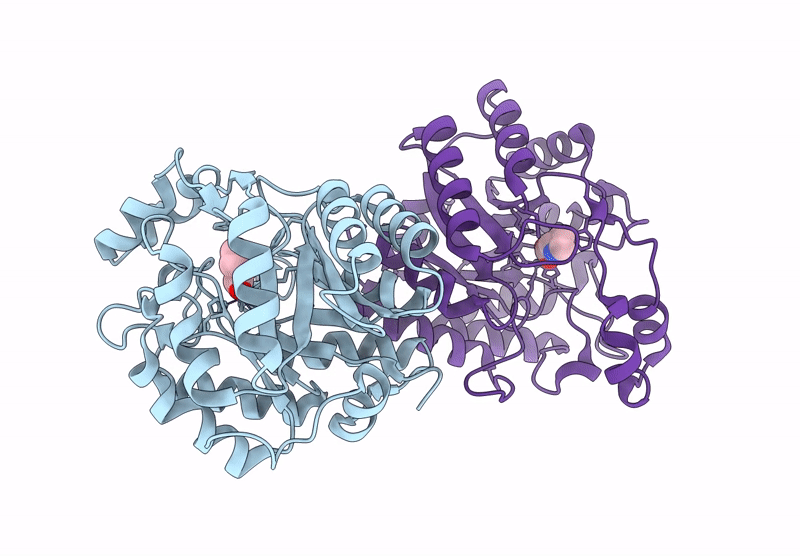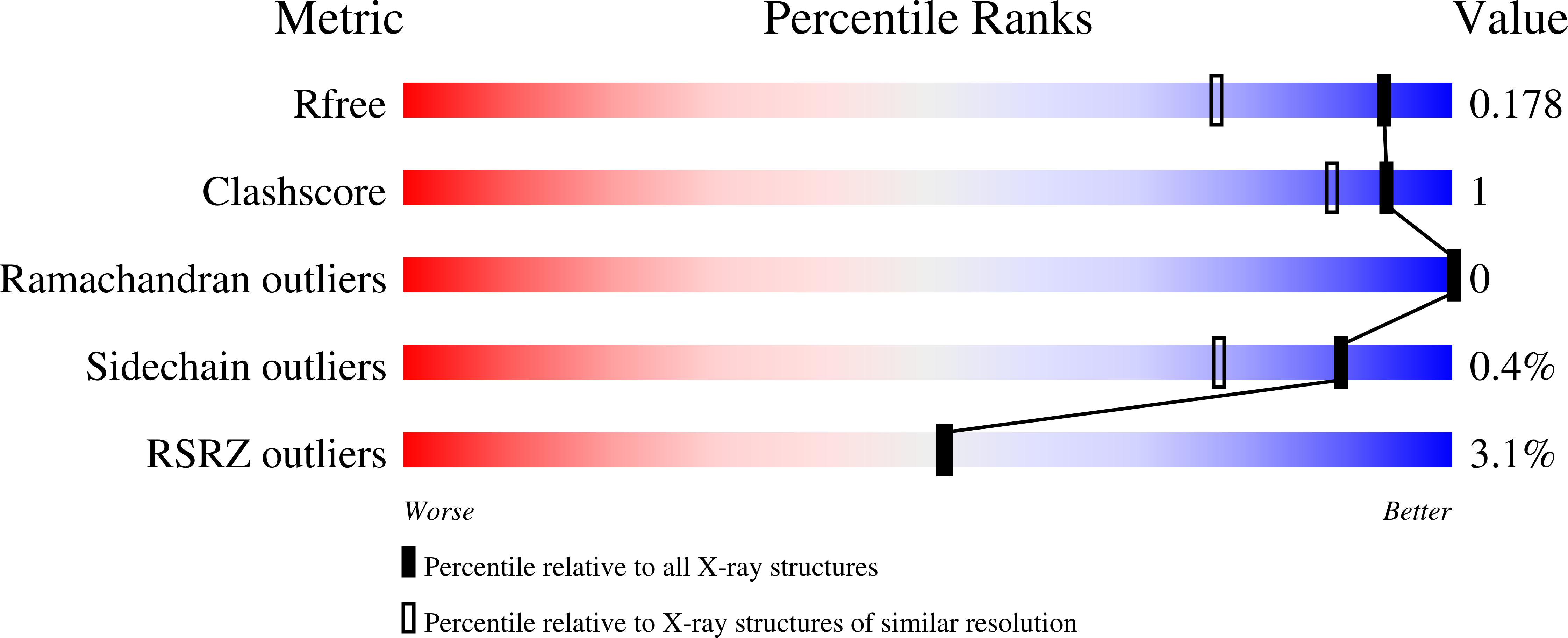
Deposition Date
2023-12-19
Release Date
2025-01-01
Last Version Date
2025-04-16
Entry Detail
Biological Source:
Source Organism(s):
Paracoccus denitrificans PD1222 (Taxon ID: 318586)
Expression System(s):
Method Details:
Experimental Method:
Resolution:
1.45 Å
R-Value Free:
0.17
R-Value Work:
0.15
R-Value Observed:
0.15
Space Group:
C 2 2 21


